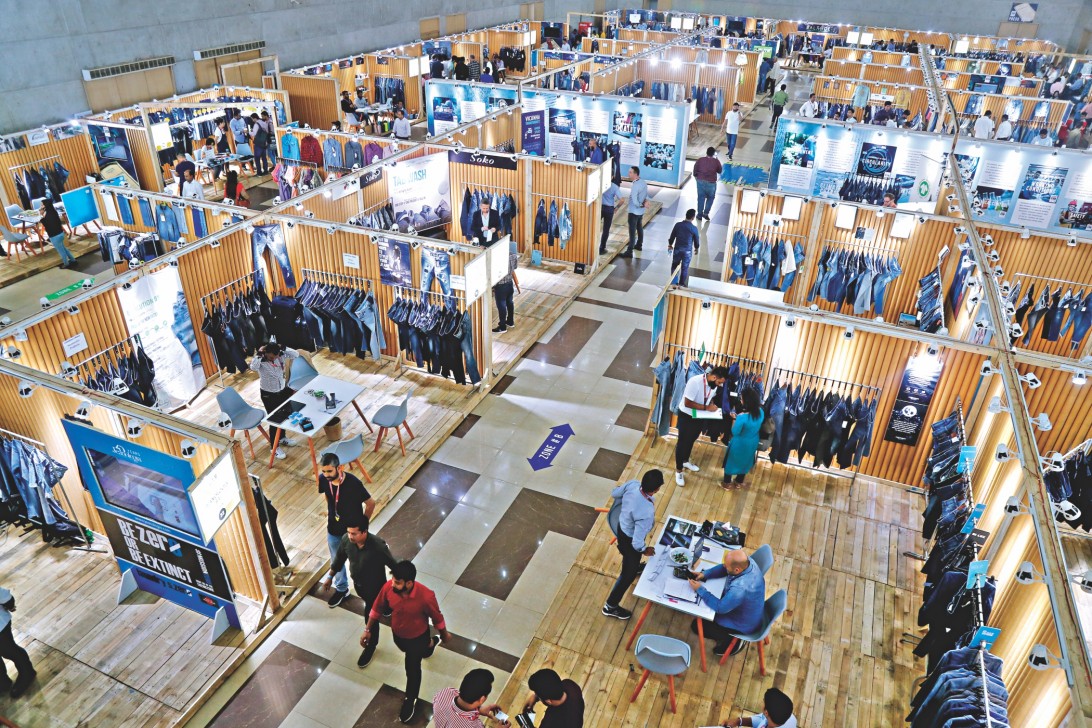Sustainable production to boost RMG orders

Western retailers yesterday said they would opt for long-term sourcing of apparel items from Bangladesh in increased volumes provided there is sustainability in production here.
Praising Bangladesh’s entrepreneurs for increasingly adopting green garment factories, they urged the manufacturers and government for continuation of such drives for better sustainability in the sector.
Currently, Bangladesh has 101 garment factories certified by the Leadership in Energy and Environmental Design (LEED), an internationally recognised green building certification system. More than 500 garment factories are waiting for the LEED certification.
Bangladesh is a very important sourcing destination for the H&M, but the country should also focus more on sustainability practices in water consumption, labour practices and future safeguarding of the world, said Pierre Borjesson, group head of sustainability at H&M.
Currently, the Swedish retail giant H&M buys more than $3 billion worth of garments from Bangladesh in a year.
“Bangladesh is a super important country for us,” said Borjesson while addressing a host of foreign retailers, brands, diplomats, manufacturers, exporters and businesspeople at the second Sustainable Apparel Forum and 11th Bangladesh Denim Expo at the International Convention City, Bashundhara in Dhaka.
He said the water level was depleting in Bangladesh, particularly in areas adjacent to Dhaka, for over consumption of ground water by textile mills.
So reduction in groundwater consumption will ensure sustainability in the garment sector, he also added.
Echoing the views of Borjesson was Shwapna Bhowmick, country manager of Bangladesh and Myanmar for British retail giant Marks & Spencer.
A woman checks denim products at the two-day exposition. Collected
The prices of garment items will go up automatically when there is value added to the apparel items and when those are produced in a sustainable manner. Production in a sustainable manner basically increases the value of products, she said.
“The buyers should ensure sustainability in their supply chain through their purchase practices,” said Atiqul Islam, mayor of Dhaka North City Corporation.
Bangladesh has become a safer apparel industry in the world thanks to inspection and remediation, which needed huge investment. “We are committed to ensuring safety, wellbeing and dignity,” he added.
Canadian High Commissioner to Bangladesh Benoit Préfontaine said social dialogue was needed about the price of apparel items, supply chain and workplace culture.
The fourth industrial revolution will change the conventional work approach, said Shahriar Alam, state minister for foreign affairs.
“The global stakeholders have a responsibility to ensure sustainability and making supply chains more complaint,” he added.
The sustainability roadmap will provide clear guidelines to the industry, said Mostafiz Uddin, founder and chief executive of Bangladesh Apparel Exchange.
“We need to take care of our planet as we do not have another planet. Sustainable production of goods can help greatly in caring for our planet,” said Mohiuddin Rubel, a director of the Bangladesh Garment Manufacturers and Exporters Association.
The two-day long denim expo will end today.
